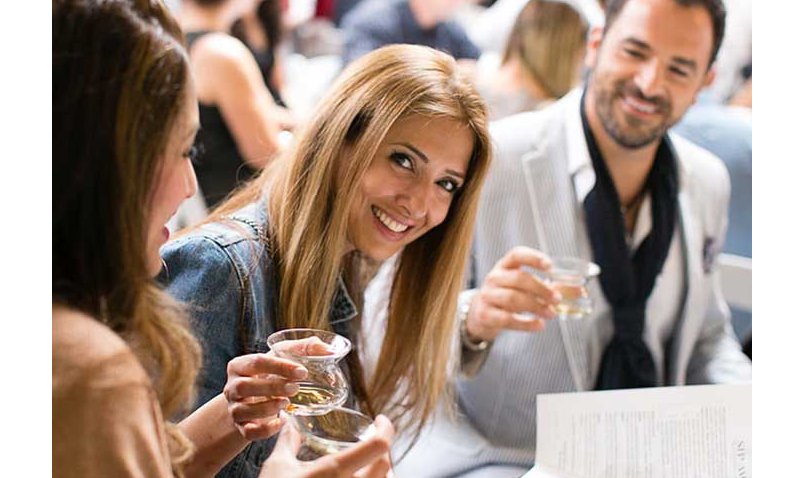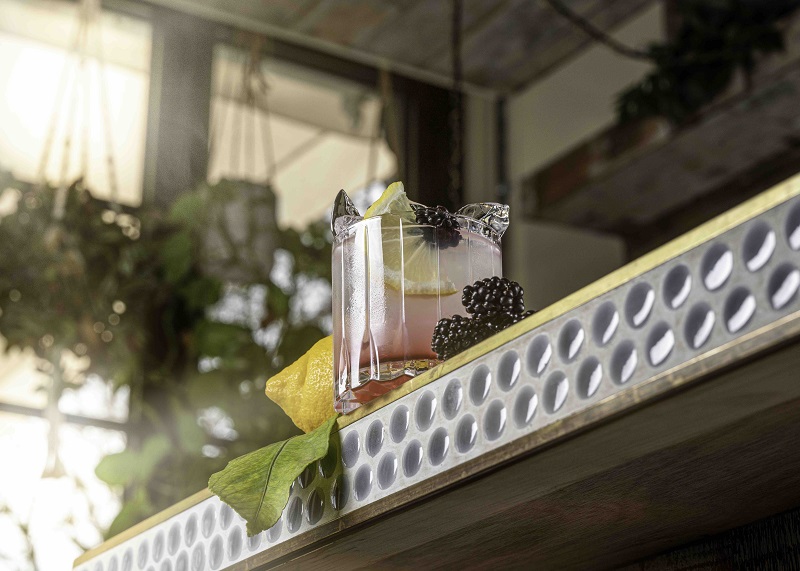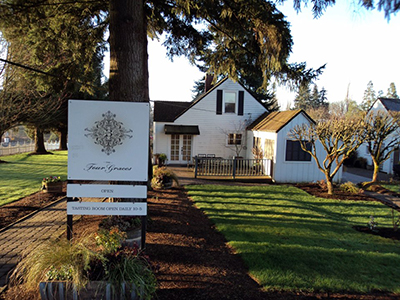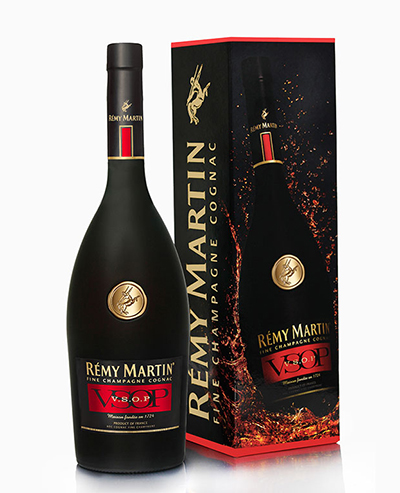George F Manska CR&D, Arsilica, Inc.
Psychology endeavors to provide explanations for human thoughts, actions, and beliefs. Strong beliefs create barriers to acceptance of functional science, particularly relating to subjects considered artistic or creative. Wine and spirits tasting and appreciation have long existed as an art, craft, personal talent, or skill, and until recently, largely devoid of practical sensory and physical science methodology.
After all, what is there to understand? Pour the beverage into the glass, look at it, smell it, taste it, and decide whether you like it or not. Few question the procedures and apparatus used, and most believe that if many experts follow a set process, then it must be correct.
Search for “Best” Creates a Psychological Attitude: Psychological attitudes are composed of beliefs, feelings, and behavioral tendencies. Consumers are confronted by a multitude of choices and rely on “best” to make buying decisions. They demand concise, prioritized lists while subscribing to impatient, psychological attitudes, “Just tell me which ones are best, don’t clutter my mind with details, Gimme the best and I want it now.” It is truly a sign of the times.
Cases in Point: The annual Wine Spectator List of 100 “Best” Wines of 202X inspires thousands of wine lovers to tear out the summary page and rush to claim a few of the best. Sought-after brands in short supply are allocated to the highest sales volume stores, and prices skyrocket, leaving many frustrated by long lines and prices beyond their means. The jungle becomes angry.
Storytelling: • Compelling narratives of history, heritage, and craftsmanship, creating an emotional connection with consumers, suggesting a rich and authentic backstory
Twisted Marketing Science/Pseudo-Scientific Language: Many brands use complex-sounding scientific terminology to describe manufacturing processes suggesting a higher level of sophistication or intellect unsupported by science (e.g., “proprietary molecular aging,” “scientifically crafted”).
The Trade-off: Brands that make the “best” lists are usually (1) scarce and pricy, (2) received good reviews from popular reviewers, or (3) won medals at prestigious competitions. As consumers turn to these prioritized lists to make buying decisions, they surreptitiously avoid personal accumulation of “unnecessary” baggage-knowledge-details. Impatience automatically dismisses any inkling of the concept of making meaningful personal choices.
Choosing to bypass the learning curve to proficient evaluation, consumers turn to exposure experiences for social media posts that prove their self-involvement; like taking selfies of drinking Petrus (any vintage) and toasting in the presence of a Pappy van Winkle bottle. This widespread practice has become shameless and necessary to validate oneself as a “knowledgeable” participant.
Read Also:F & B Magazine Highlights Anticipated Restaurant Openings 2024
Those treasured “sharing-the-spotlight” moments are all about a personal, prestigious “I belong” association with tradition, rare labels and vintages, or age statements, and not about the internal search for personal satisfaction and value. Consumers voluntarily exchange their personal development for external experiences that portray them as “in-the-know” and “active participants.” It simply requires too much time and effort, and self-validation is too important to play this game differently. Is it worth the trade-off?
Science Eventually Steps In: Science is usually late to influence artful and skillful topics, but has arrived, and suddenly everyone is confused by new, unbelievable, and unacceptable ideas. Wine attributes traditionally described as “terroir” no longer fit that convenient catchall explanation. Glass shapes used for centuries now mask aromas with concentrated, anesthetic ethanol. Water does not “open up” whiskey. Beers should be swirled. Personal taste may be more important than labels and vintage. New scientific rationale threatens old memes, and resistance to change is nearly insurmountable as the consumer has become comfortably numb on his path to gathering external participation experiences and notoriety over an internal quest for discovering the sublime.
Confirmation Bias: Occurs when one seeks out, interprets, and chooses to remember only information confirming preexisting beliefs. Myth becomes fact as acceptable information supports existing views, while contradictory evidence is ignored or dismissed. These types of beliefs are often reinforced by experts who see scientific explanations as a threat to their past stances. Confirmation bias is key to the persistence of myth and deep-rooted false beliefs: it runs deep in today’s society from religion to politics and social media and is perhaps today’s biggest challenge to the acceptance of science.







